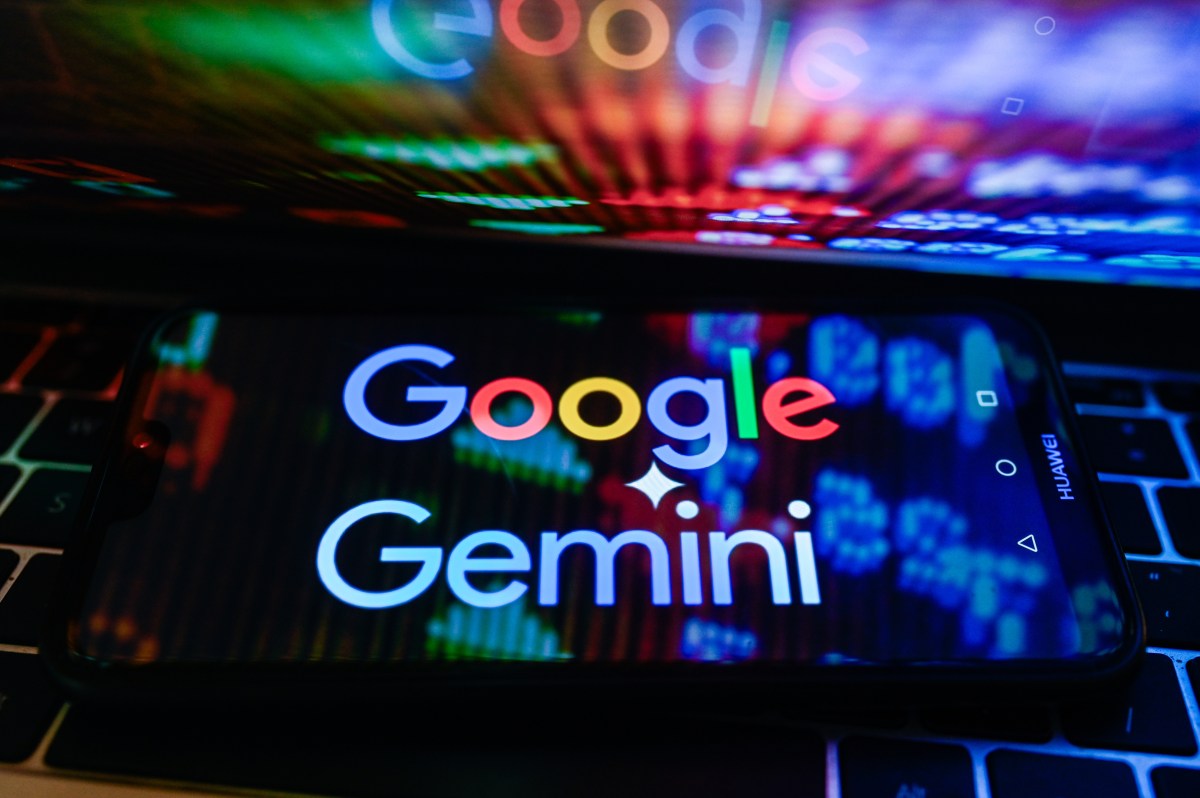Just a day after Amazon introduced its new AI-powered Echo devices, Google debuted its refreshed lineup of Google Home and Nest devices, designed to showcase its AI assistant Gemini AI. The company also took the wraps off its revamped Google Home software platform and its new business strategy for the AI era.
While the company still plans to compete on hardware, it also wants to make Gemini accessible to other manufacturers and businesses. It’s similar to how Google offers its own flagship Android devices with its Pixel line but allows other companies that make products compatible with Google’s platform to build their own Android smartphones with different form factors and price points.
“We’re going to build flagship hardware in certain categories where we think there’s a lot of room to showcase innovation and push the boundaries of what’s possible with Gemini,” said Anish Kattukaran, Chief Product Officer at Google Home and Nest, in a press briefing ahead of Wednesday’s announcement. “And then we’re going to complement that with the second part, which is, we don’t think that Gemini should be constrained to one set of devices from one OEM, at one set of price points that may make it accessible or inaccessible to a certain group of people,” he said.

To demonstrate what that means, Google unveiled an overhauled lineup of Nest devices, including the Nest Cam Outdoor, the Nest Cam Indoor, and the Nest Doorbell, which take advantage of Gemini. It also teased an upgraded version of its Google Home speaker, due out in spring 2026, and a low-cost camera and doorbell sold in partnership with Walmart.
However, the company decided to first bring Gemini to its existing device owners, provided they have certain hardware capabilities like sufficient processing power. (See list below).
This approach is intentional. Google doesn’t want to require people to buy new devices to access the power of its AI, when it already has over 800 million devices in its ecosystem — both its own and those from third parties. Those devices are connected through the company’s Google Home Cloud-to-Cloud APIs and the smart home standard Matter, an industry protocol that allows devices from different manufacturers to work together.
Plus, the company needs time to test the Gemini features and performance with existing customers before launching them on new flagship devices, like the upgraded Google Home smart speaker due out next year.
Techcrunch event
San Francisco | October 27-29, 2025

Meanwhile, Google is offering its “Works with Google Home” partners a toolkit for building AI cameras, a new reference hardware design, recommendations about System on Chips (SoCs, the main processors that power smart devices), a new Google Camera embedded SDK, and more.
Walmart is Google’s first partner and is launching an affordable indoor camera and doorbell under the retailer’s onn brand.
Talk to your Home
With Gemini, the idea is to offer AI-powered devices that you can converse with in more natural ways, whether that’s interrupting or adding details after an initial inquiry, or asking more complex questions.

For instance, if you said, “Play that song from that movie with Ben Affleck where he’s on a rocket and going off to like an asteroid or something,” the device could play an Aerosmith song from the movie “Armageddon.” As it streams the music, you could ask what the lyrics mean, and when it finishes, you could ask for other songs with a similar theme.
You could also ask for a podcast featuring a specific person without having to remember the name of the show or the episode. Or you could ask Gemini to make up an interactive bedtime story for the kids where they help create the characters.
In terms of household coordination, Gemini will be able to handle things like calendars, lists, timers, reminders, and other things that make your life easier at home.

For instance, instead of telling the smart speaker to add individual recipe ingredients to a shopping list, you could just tell it you want to make “vegetarian pad thai,” and Gemini may respond with something like, “For how many people?” If you don’t have a shopping list started, it will then make one for you with the right amount of ingredients.
Another example is that instead of asking the smart device to set a timer for a particular period of time, you could tell it, “I’m boiling eggs, can you set a timer?” Gemini might then ask if you want a hard boil or soft boil, then set the timer based on your response.
Plus, users won’t have to remember the names of their various smart home devices anymore. That means you could sit in your bedroom and tell Gemini you’re “about to cook” and to “turn on the lights,” and the AI understands you mean to turn on the lights in the kitchen.

You can also chain commands like asking the device to turn off the lights, adjust the thermostat, and start the Roomba, all at once. Or you can ask for exceptions like, “turn off all the lights but leave my office lights on.”
For cameras and doorbells, Gemini can make better sense of what it’s seeing, so that instead of a stream of dozens of notifications, you can get a summary of events or highlights of the events that actually matter.

Gemini will also help more people take advantage of more complex features, like preset routines that control multiple devices automatically, or better understand their energy use by asking questions.
And instead of configuring automations manually, you could ask Gemini through a new “Ask Home” feature about what you want to do and get helpful suggestions and assistance. For instance, you could ask how you could feel safer in the home, and it might suggest a home automation setup for when you’re home alone or one that simulates your presence when you’re out of town. If they’re what you wanted, Gemini can set it up.

All this is controlled via a redesigned version of the Google Home app, which is now faster, more stable, and powered by Gemini AI.
In the app, Gemini will offer descriptions of the events and activities spotted by your cameras, summarize the day’s activities, direct you to a clip when you ask, and more. (Some features require a Google Home Premium subscription. More on that here; see chart below).

In addition to AI-powered features, you can also chat in a free-flowing conversation with Gemini Live by saying to your smart device, “Hey Google, let’s chat.” This will start a back-and-forth conversation where you don’t have to preface your requests by saying “Hey Google” again and again.
This allows you to have a more natural chat, where you can ask complex questions, brainstorm with an AI partner, have the AI come up with creative ideas, and more.
For now, Gemini Live is a mode offered by the devices, but Kattukaran believes that, in the future, this conversational approach will be “all of the experience.”
“I’m so bullish on this experience becoming the de facto thing,” he says.
“Between having a more conversational assistant, Gemini Live, the access to endless information and creativity, ‘Ask Home’ — all of these converging together — is really this foundation that we’re setting in place,” says Kattukaran. “We’re starting to deliver on this promise of a home that can actually see, hear, understand, and ultimately act on your behalf to make your life a little bit easier in smaller ways, so you can go and spend time on the things that you actually care about.”
The Google Home app update is rolling out in early access today. The Nest and Walmart devices are now becoming available, but Google’s new Home speaker launches in spring 2026. Specs for manufacturers are available through the Google Home developers site.



